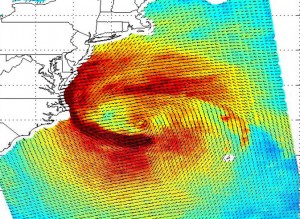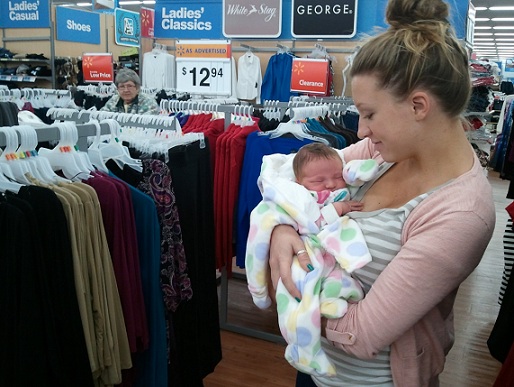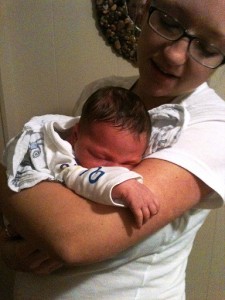 It’s been quite a week for the eastern third of our country. Hurricane Sandy has caused billions in damages and took more than 50 lives. Even knowing ahead of time the storm was on its way didn’t give people the capacity to avoid disaster. Human beings are no match for the violent forces of nature.
It’s been quite a week for the eastern third of our country. Hurricane Sandy has caused billions in damages and took more than 50 lives. Even knowing ahead of time the storm was on its way didn’t give people the capacity to avoid disaster. Human beings are no match for the violent forces of nature.
Even where I live, on the eastern shore of Lake Michigan, 1000 miles from the east coast, Sandy stirred up 55 mph winds and 20’ waves. Louisa and I could barely stay on our feet as we collected our beach chairs at the waterfront before they could blow away.
Wind is an interesting phenomenon. Though it’s invisible, we have no trouble seeing what it does. Scripture sometimes uses wind as a symbol for God’s Spirit. When the disciples first received this 3rd member of the Trinity, he came into their room via the sound of a “violent wind,” which eventually empowered them to work miracles and save souls for Christ.
God factored into that important occurrence of wind, but does he have anything to do with the wild winds of Hurricane Sandy? If he created the world and set the forces of nature in motion, why does he allow such uncontrolled weather to harm people, places, and things when he could stop it with a word? Scripture tells us stormy winds “do his bidding,” (Psalm 148:8, Luke 8:25), and we’ve seen Jesus demonstrate that. (Mark 4:39)
We also learn that God has storehouses full of wind (Psalm 135:7), he rides on the wind (Psalm 104:3), and he uses wind as his messenger (Psalm 104:4). If the wind is his messenger, what is his message? What, if anything, has he been trying to say through the mayhem of Sandy?
No natural disaster occurs without God hoping the losses and damage will prompt people to turn to him, especially those who’ve never been interested in him in the past. To them he offers the fresh wind of his Spirit, who is willing to come into their lives and rescue them. He hopes the intense needs left in the wake of a hurricane will bring them close to him.
And for those of us who already know him, he uses natural disasters in two ways: (1) as a tool to blow away our stale faith the way cool breezes clean out a room, and (2) as momentum for us to help others in trouble.
When Louisa and I tried to walk at the beach this week, the force of Sandy’s winds pushed us into an involuntary run. The power to move fast didn’t come from within us but from the driving energy behind us, and that’s exactly how the Spirit hopes to forcefully move in all of our lives… if only we’ll let him.
“The wind blows wherever it pleases. You hear its sound, but you cannot tell where it comes from or where it is going. So it is with everyone born of the Spirit.” (John 3:8)




